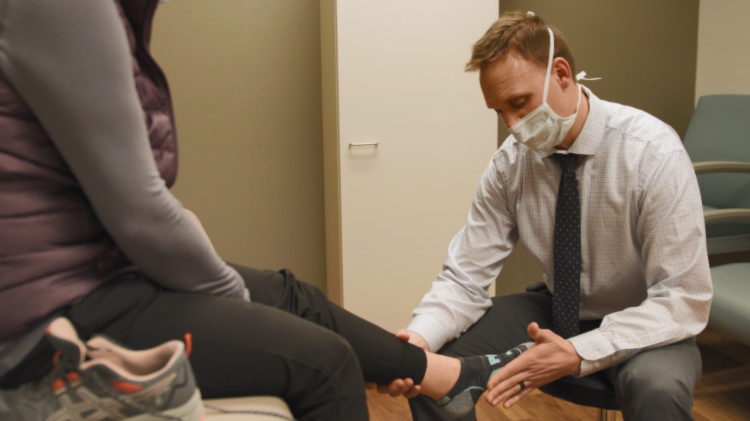
Orthopedic trauma refers to injuries that affect the bones, joints, and soft tissues of the musculoskeletal system. Orthopedic trauma injuries can be the result of a variety of causes, including falls, motor vehicle accidents, sports-related incidents, and blunt or penetrating trauma.
The most common types of orthopedic trauma include fractures, dislocations, sprains, and strains. Fractures occur when a bone breaks or cracks, and can range from simple, small cracks to complex, multiple fractures. Dislocations occur when a joint is forced out of its normal position and can cause significant pain and instability. Sprains occur when a ligament (the tissue that connects bones to one another) is stretched or torn, while strains occur when a muscle or tendon (the tissue that connects muscle to bone) is stretched or torn.
What does an orthopedic trauma surgeon do?
Orthopedic trauma surgeons have specialized training and expertise in the assessment, diagnosis, and management of complex orthopedic injuries and fractures that often require surgical intervention. They work closely with other members of the trauma team, such as emergency medicine physicians, radiologists, and critical care specialists, to provide timely and appropriate care for patients with orthopedic trauma. They are trained to perform emergency orthopedic surgery, monitor, and follow up with the patient’s care. They may also work with rehabilitation specialists to ensure the best recovery outcome for their patients.
Treatment and Orthopedic Surgery
In the acute setting treatment may include immobilization of the affected limb, pain management, and anti-inflammatory medications. Orthopedic surgery may be necessary in cases of severe fractures or dislocations. In the rehabilitation phase, physical therapy and exercises are used to regain strength, range of motion, and function.
When to see an orthopedic trauma specialist?
It is important to seek medical attention as soon as possible if you suspect an orthopedic trauma injury. Prompt evaluation and treatment can prevent complications and improve outcomes. An orthopedic trauma specialist should be consulted if you have experienced a significant injury such as a broken bone, a joint dislocation, or a severe sprain or strain. Symptoms of an orthopedic trauma injury include severe pain, swelling, difficulty bearing weight, or inability to move the affected limb.
If you have any of these symptoms or suspect that you have an orthopedic trauma injury, it is important to seek medical attention right away. In case of an emergency, go to the nearest emergency department or call 911. In other cases, you can schedule an appointment with The Center’s orthopedic trauma surgeon, Dr. Ian McCallister, or visit our NOWcare clinic open Monday – Friday, 8:00 a.m. – 4:00 p.m.
Stay informed about upcoming webinars and events, and gain valuable insights on leading a healthy, pain-free life from our experts by subscribing to our monthly newsletter. Click the button below to join!





